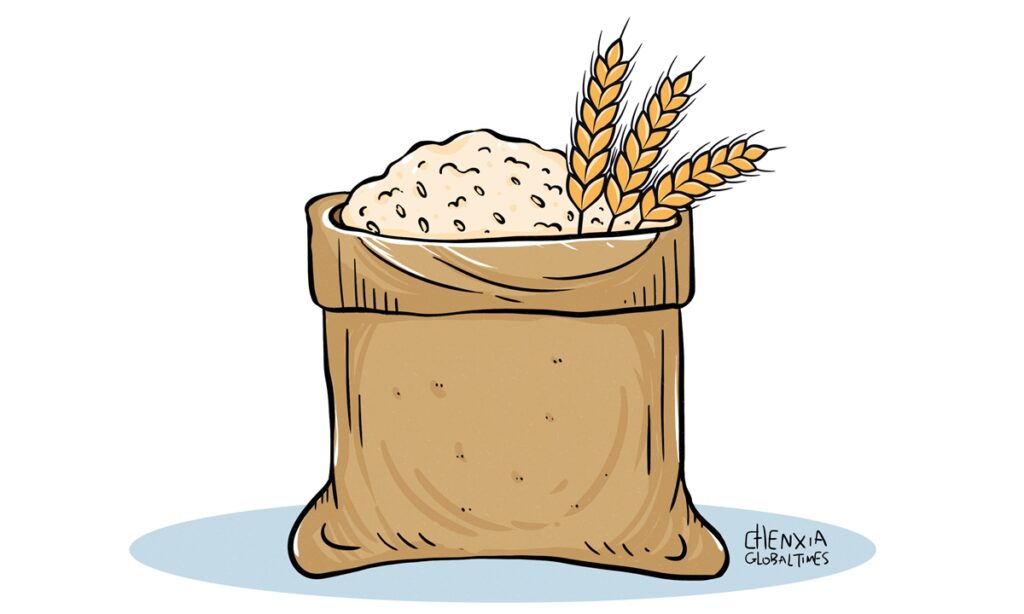China and France issued a joint statement on agricultural exchanges and cooperation on Monday, the Xinhua News Agency reported on Tuesday.
The two sides agreed to enhance collaboration in agricultural science and technology, education, rural development, grape cultivation and wine-making, and agricultural food, among other areas, according to the statement.
Increasing collaboration between China and France in the agricultural field is bound to drive bilateral agricultural trade, injecting new vitality into the development of both countries’ agricultural sectors. Moreover, the success of China and France in tapping the potential of their complementarities in agricultural trade may also offer valuable lessons for China-US agricultural trade in the complex environment.
China and France have a longstanding history of fruitful cooperation in the agricultural sector, with bilateral trade of agricultural products on a steady rise in recent years. According to statistics from the Chinese customs, France is China’s top agricultural import partner in the EU and the second-largest agricultural trading partner within the bloc.
In particular, in April 2023, China worked with France to set up a “French farm to Chinese dining table” whole-chain rapid coordination mechanism, which has become a shining example of practical cooperation between the two countries.
The sound development of agricultural trade between China and France is not only bolstered by the significance placed on agricultural cooperation by the two governments, but also by the complementary nature of their agricultural sectors.
For a long time, the Chinese and French governments have attached great importance to agricultural cooperation in their bilateral relations and signed various agreements to create a favorable environment for relevant trade.
Compared to the mutually beneficial trade between China and France, the China-US agricultural trade has been significantly affected by the US-initiated trade war against China in recent years. The ongoing uncertainty in China-US trade relations, particularly the US trade policy toward China, has hindered the potential for trade complementarity between the two countries and could disrupt the normal flow of global trade.
China has become the world’s largest importer of agricultural products, while the US is still the largest exporter. Yet, trade tensions between the two countries have created uncertainty in agricultural trade, affecting the long-term interests of both countries’ agriculture sectors and farmers.
According to data released by the US Census Bureau, US exports of agricultural and related products hit a three-year low in 2023. Specifically, China’s portion of US agricultural exports dropped to a four-year low of 16.6 percent from a record 19.2 percent in 2022, Reuters reported.
Against the declining trend of agricultural exports, China’s booming agricultural trade with France could serve as a reminder that the US needs to rethink its trade strategy toward China to get agricultural trade with China back on track, and on the right one.
In the long run, as the Chinese economy continues to grow and China pursues consumption upgrades, it needs diversified products to meet its huge potential for agricultural consumption, which provides opportunities for global suppliers of agricultural products. The China market is critical not only for French farmers but also for American farmers. If US agricultural suppliers can successfully tap and adapt to this market, they will stand to gain enormously, similar to their French peers. This will not only promote the development of American agriculture but also contribute to the health and stability of global agricultural trade.
Given the successful experience of China-France agricultural trade, it is hoped that China and the US can find a solution to their problems. Resolving these issues will require the US to adhere to international trade norms and work toward a negotiated solution. Ultimately, the future of China-US agricultural trade and the achievement of mutually beneficial outcomes will depend on the willingness of the US to engage in constructive dialogue and cooperation.
(Global Times)




